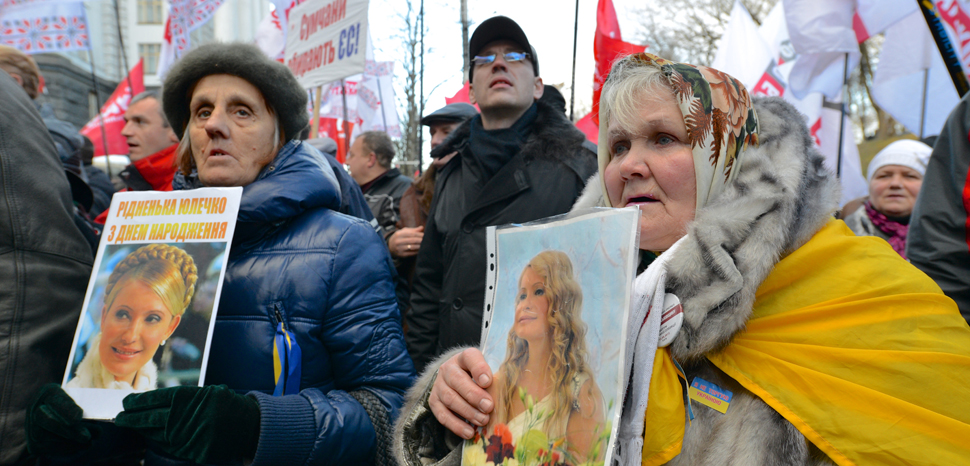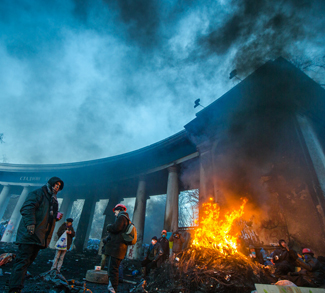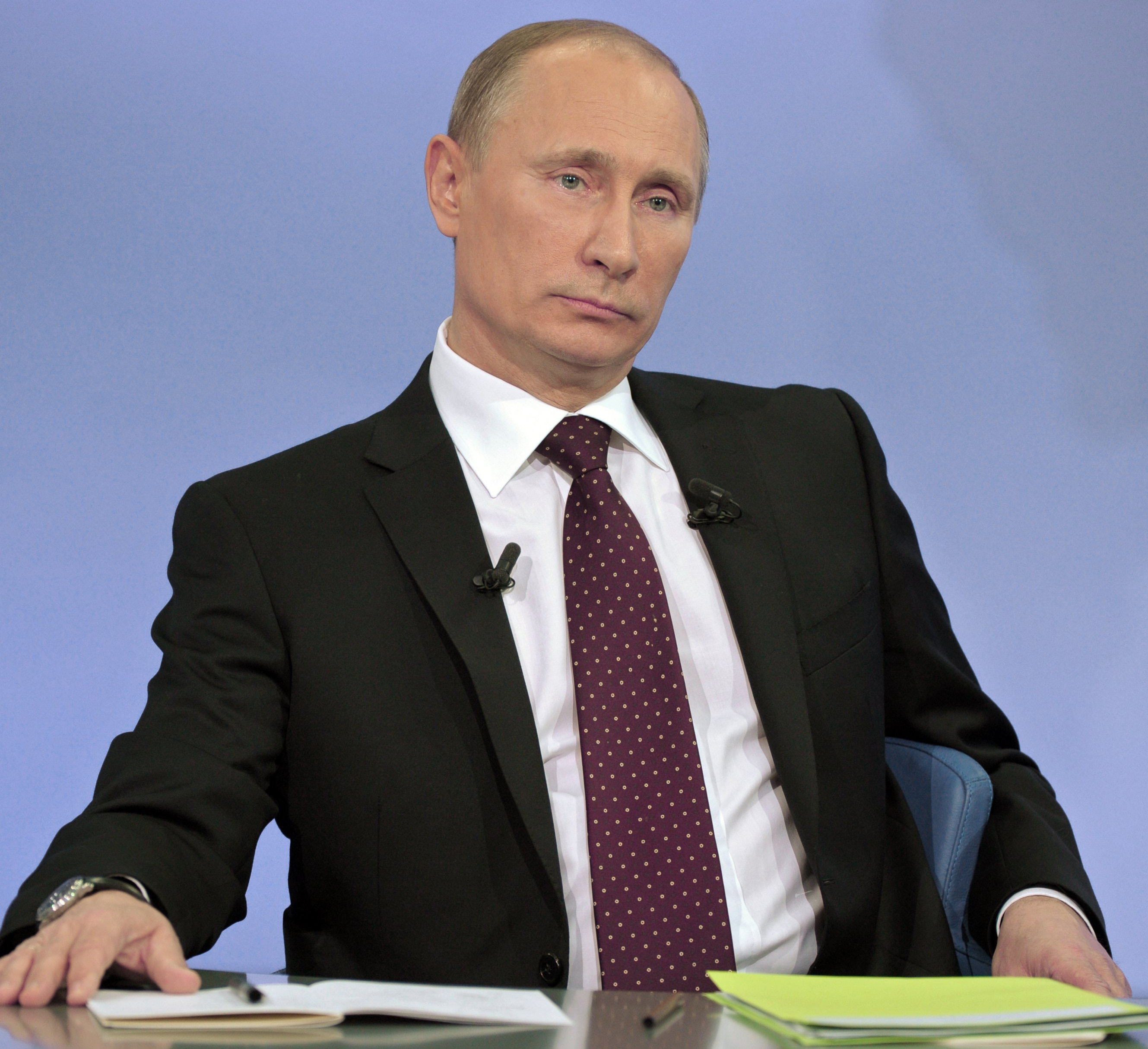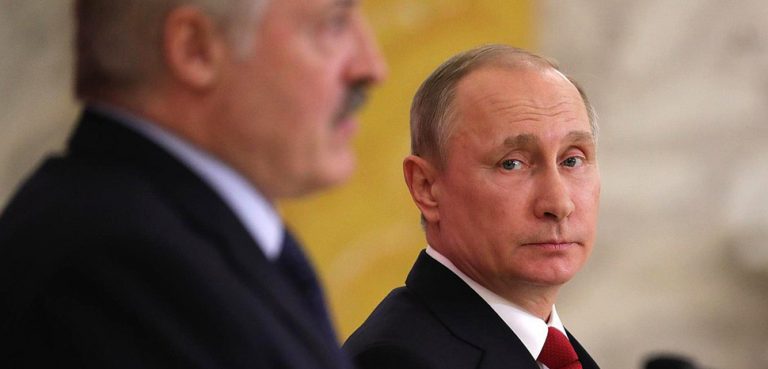Summary
On March 31, Ukraine will be going to polls to elect a head of state for a new five-year term. For a country where presidents traditionally perform real rather than formal or symbolic functions, the importance of such an election is always hard to overestimate. But the upcoming race looks particularly crucial. At stake is the fate of the current pro-western political administration brought about by the 2014 revolution and, consequently, Kyiv’s geopolitical orientation. In essence, the question is whether Ukraine will continue, however fitfully, its efforts towards what is defined as the Euro-Atlantic integration or somehow stop in its tracks and possibly even drift back to Russia’s embrace.
Moreover, as if to compound the situation further, Ukraine has a challenge of going through “double” elections this year – both presidential and parliamentary, the latter scheduled for late October. The presidential race is just the first part of the puzzle and whatever happens there, another major test will still have to follow. While much in the way of parliamentary election results will depend on who wins the presidential race, any such victory – including by the current president – does not guarantee the winner’s own party triumph seven months later. Therefore, at the end of the day there may be different winners and basically two warring power institutions (presidency and parliament), with far-reaching policy implications to come.
Impact
Abundance of runners, limited choice. After several last-minute withdrawals from the race, there are now as many as 39 (!) officially registered candidates running for the presidency, a new all-time record far exceeding the previous one set back in 2004 (24 runners). However, few of them seem to have even the remotest chances of progressing into a potential second round of the race, the rest serving mainly as technical candidates and, in some cases, outright spoilers to some of the favorites. So as usual, the real choice is rather limited. There is a trio of clear frontrunners followed at some distance by three or at best four other candidates who, despite being political heavyweights as well, could make it to the final round only in certain – and most likely extraordinary – circumstances.
Hard-to-predict outcome. The race is projecting to be extremely close, which makes it perhaps the most unpredictable Ukrainian election ever. As of today, judging by various sociological polls, the frontrunner trio is led by a political newcomer, TV star comic Volodymyr Zelensky, who commands a voting support in the range of 20-25%. However, the fact that Zelensky’s base can be found among primarily young voters (aged between 18-35) – whose turnout is normally quite low – still leaves a chance to each of the two trailing candidates: the serving president, Petro Poroshenko, and his long-time arch rival, former prime minister and now leader of the Batkivschina party Yulia Tymoshenko. Depending on the given poll, it is either Poroshenko or Tymoshenko who is currently running second with around 15-18% of the vote, but the gap between the two remains negligible, within the margin of error. Importantly, as a sign of still possible changes in odds, polls also show that about a third of all voters remain as yet undecided.
Promises, promises. Tymoshenko has built her campaign on a widespread public discontent over post-2014 governance, promising sweeping changes through a so-called ‘new deal’ and ‘new people’s constitution.’ However, given the fairly populist and left-leaning nature of Tymoshenko’s economic policy program – as evidenced in a pledge to half domestic gas prices – a good part of this program is likely to remain as on-paper slogans, or else Ukraine risks becoming, roughly, another Venezuela. In the foreign policy domain, Tymoshenko is not averse to pro-EU and pro-NATO rhetoric, but in practice can also be expected to become, in Russia’s eyes, a more suitable leader to deal with when compared to Poroshenko.
Definitely more conservative in his proclamations than Tymoshenko, President Poroshenko is seeking re-election on a platform of policy continuity, meaning largely the Maidan-charted path towards a deeper all-round integration with the west and the related distancing away from Russia. Through such eloquent proclaimed mottos of his as “Army! Language! Faith!”, Poroshenko is appealing to a broadly nationalist as well as more educated segment of the electorate. If he wins, Ukraine under his leadership is likely to remain much the same sore to the rulers in Moscow as it has been throughout the last five years.
By contrast, Zelensky the candidate is essentially a dark horse, a sort of Ukrainian Trump, and not only because he has no political experience and has never held a public office. So far, Zelensky has been remarkably numb on specific policy issues and even appears to avoid being asked live questions, much less participating in debates. He does have a written program of his own, but it was produced only recently, in response to his public request for supporters to draw up such a document and apparently mostly for registration purposes. While Zelensky has flourished as a protest candidate vowing to fight corruption in the political system, he derives his main support from the Russian-speaking south and south-east of Ukraine – not least thanks to vague promises to negotiate peace with Russia, whatever that means.
Forecast
The presidential race is almost certain to take two rounds to produce a winner. Given how close results are likely to be, there is a risk of a top loser refusing to recognize them, especially if that loser happens to be Tymoshenko or Poroshenko. This in turn could lead to mass street protests and, quite possibly, serious political disturbances – similar to what took place during the 2004 Orange Revolution, although this time round hardly to a positive effect.
In any case, the period beginning right after the race and stretching till the October parliamentary elections threatens to be quite lively in terms of the domestic political process. And this is where Ukraine becomes ever-more vulnerable to outside interference, if not direct aggression, by Russia. Overall, the end-result of the election mess may well be that Ukraine will be devoid – probably for quite some time – of the kind of relative political stability it has enjoyed from 2014 until now.




